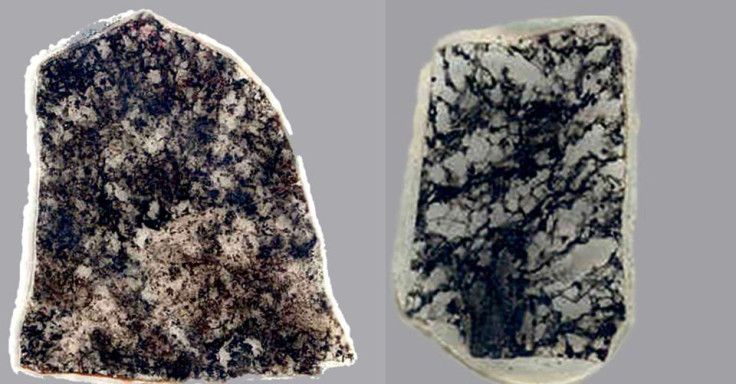Deep-Sea Organism Found To Have Defied Evolution For Over 2 Billion Years

Scientists have discovered communities of ancient bacteria that did not evolve for more than 2 billion years. Researchers believe that the discovery of the deep-sea organism represents the “greatest absence of evolution ever reported.”
In a study, published earlier this week in the journal Proceedings of the National Academy of Sciences, researchers describe three distinct communities of the microorganisms that lived several million years apart from each other. The scientists also said that the lack of evolution of the ancient microbes also, ironically, support Charles Darwin’s theory of evolution.
“It seems astounding that life has not evolved for more than 2 billion years — nearly half the history of the Earth,” J. William Schopf, a professor at the University of California at Los Angeles, and the study’s lead author, said in a statement. “Given that evolution is a fact, this lack of evolution needs to be explained.”
As part of the study, Schopf and his colleagues examined a fossilized community of bacteria found in a 2.3-billion-year-old rock in Western Australia. They also examined microorganisms that are 1.8 billion years old and were preserved in rocks also from Western Australia. The third specimen, studied by researchers, was a living community of modern sulfur bacteria found in mud off the coast of Chile.
According to the researchers, all three communities -- despite their vast age differences -- are indistinguishable with identical “form, function and metabolism,” the Los Angeles Times reported, citing Schopf, who also said that the environment in which these microbes live has remained essentially unchanged for 3 billion years.
“These microorganisms are well-adapted to their simple, very stable physical and biological environment,” Schopf said in the statement. “If they were in an environment that did not change but they nevertheless evolved, that would have shown that our understanding of Darwinian evolution was seriously flawed.”
The fossilized microbes date back to a time when there was a substantial rise in Earth’s oxygen levels known as the Great Oxidation Event, which is believed to have occurred between 2.2 billion and 2.4 billion years ago. The event led to a dramatic increase in sulfate and nitrate levels that might have helped the bacteria to thrive, according to the researchers.
© Copyright IBTimes 2024. All rights reserved.












